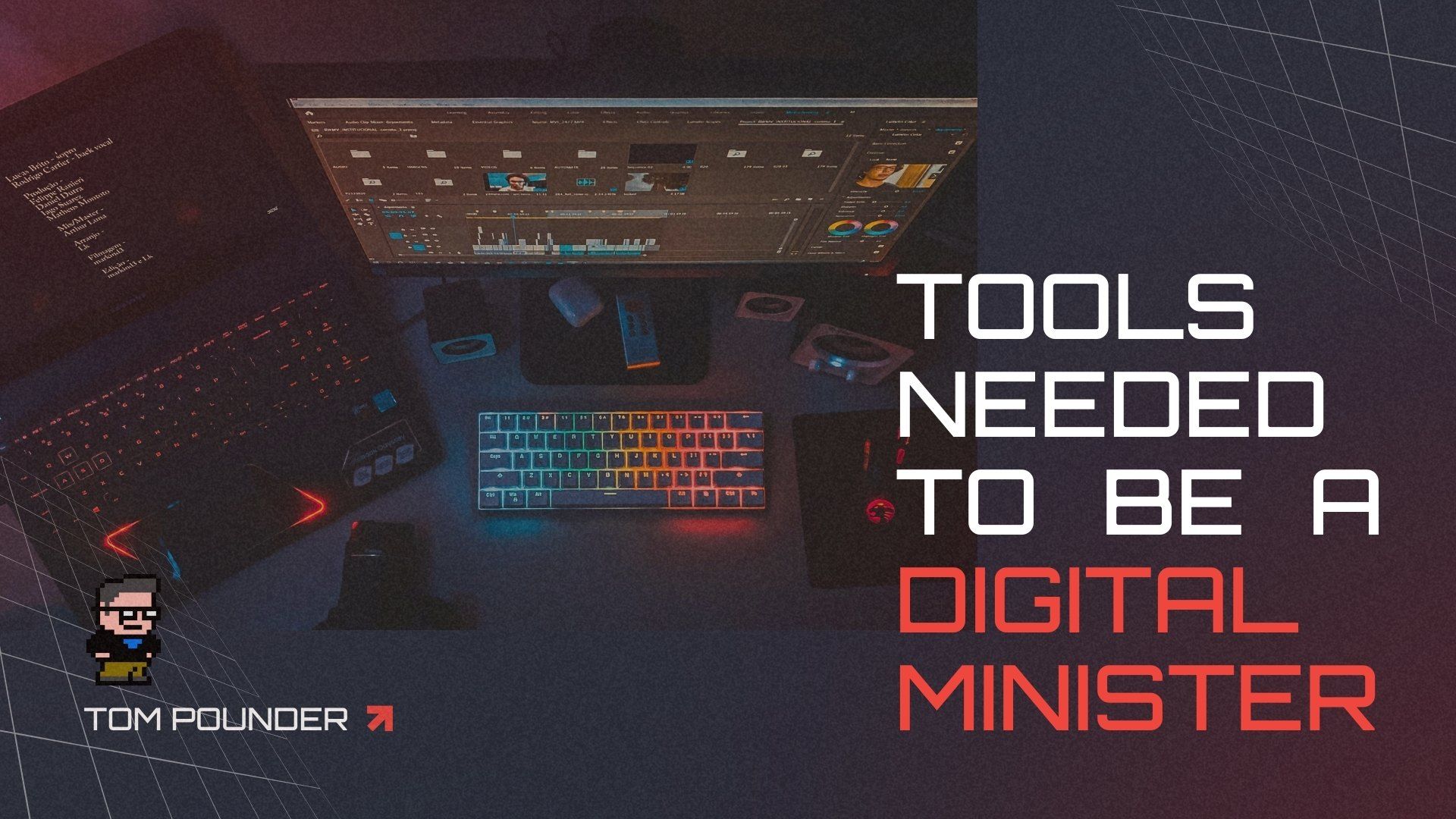How Digital Missionaries Handle Privacy and Personal Concerns
In digital ministry, the role of a digital missionary has never been more crucial. These trailblazers don’t just spread the gospel—they tackle the complexities of privacy and personal concerns that come with online interactions.
Digital missionaries work to create spaces where people feel safe sharing their thoughts and experiences. But it’s not always easy. While some engage freely, others hold back, weighed down by fear of judgment.
Respecting online identities
Respecting privacy is foundational to digital ministry. Many people use pseudonyms or usernames, like "flat cap," to protect their identities.
As digital missionaries, it’s essential to honor these choices and avoid sharing personal information unless explicitly permitted. Although this may seem straightforward, it requires a thoughtful approach.
Understanding platform etiquette
Every digital platform has its own set of unwritten rules, and as digital missionaries, understanding these nuances is essential. Communicating appropriately in different spaces builds trust and helps people feel at ease.
For example, sensitive conversations are best handled in private messages rather than public forums—but context is key. Public forums can be tempting but often lack the privacy needed for deeper discussions.
When it comes to sharing personal information, setting clear boundaries is critical. If you prefer to keep your real name or location private, communicate this upfront.
Doing so not only protects your identity but also models healthy boundaries for others in your community. While establishing these limits may be challenging, they’re vital for maintaining trust and security in digital ministry.
Utilizing technology for safety
Technology is a lifeline for digital missionaries and those they serve. VPNs, for instance, mask locations and protect identities. This is crucial in regions where revealing personal info could be dangerous. For people in oppressive settings, these tools can mean everything.
In some cases, using avatars or voice communication can provide an additional layer of privacy. These methods block facial recognition and shield personal details, creating safer interactions in digital spaces. These tools aren’t just convenient—they’re a necessity in high-risk scenarios.
Separating personal and ministry accounts
Sometimes, separate accounts for personal and ministry work are a must. This separation protects sensitive details—like family information—in unstable or unpredictable environments.
Creating a culture of safety and trust
Digital missionaries must build cultures of safety and trust. This means protecting their own privacy and safeguarding others’. Never share or request personal information without consent. The digital world is full of risks, and vigilance is non-negotiable.
Through the implementation of these strategies...
- Digital missionaries minister effectively by respecting privacy.
- This approach deepens relationships and sparks spiritual growth.
- While skeptics may doubt the impact, the potential for meaningful connections is undeniable in today’s digital age.
Question you've been asking
- What is a digital missionary?
A digital missionary spreads the gospel online while respecting privacy and fostering meaningful engagement.
- How can I protect my privacy online as a digital missionary?
Use VPNs, separate accounts, and password managers to secure your digital ministry.
- Why is it important to respect others' privacy in digital ministry?
It builds trust and creates safe spaces for open conversations.
- What should I do if someone shares sensitive information with me?
Keep it confidential and move discussions to private channels.
- How can I encourage others to maintain their privacy?
Set an example with your own boundaries and talk about why privacy matters.
What do you think? Share your ideas on Discord or on social media.
Through the.Church.digital, we are helping physical and digital churches better understand the discipleship process, and helping churches and church planters understand this and other decentralized mindset shifts. By taking this quick assessment we can get you connect with a coach, resources and more. Also, check out our Discord Group where we are encouraging people daily.
























